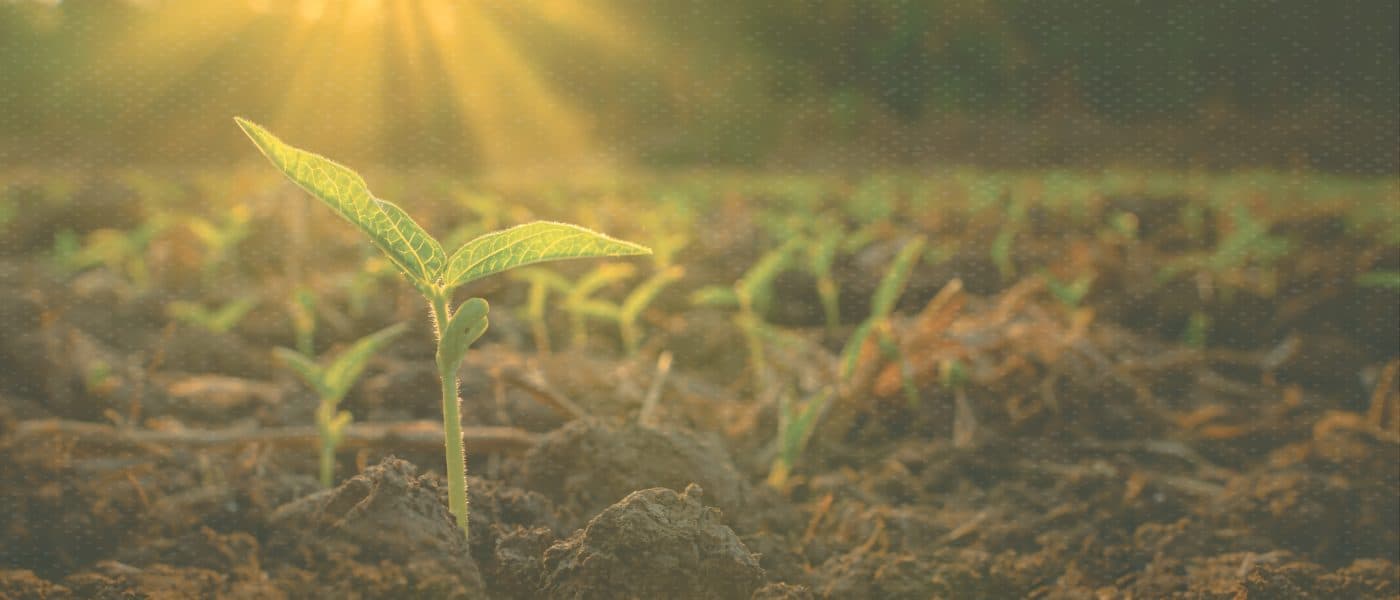Cameron, TX
Farm Aid talked with the first licensed raw milk for retail farm in Texas, Ben and Alysha Godfrey ofSandcreek Farm. Read about their sustainable farm and why they think “everyone should grow or raise something.”
Q: How long has it been in with your family, what do you grow or raise, how big is the farm?
Our farm is ~170 acres of rolling hills about 13 miles East of Cameron. We raise dairy cows for grass fed/grain free raw milk, grass fed beef, pastured/soy free pork, pastured/soy free eggs, free range turkeys, and plan to add lamb in 2008. We started our farm life in 2003 and moved to this farm in 2006 to expand the dairy operation in order to provide nutrient dense food to more families. We were serving 20 families when we moved here and now serve over 100.
Q: What made you want to sell and market raw milk, raw milk products, grass fed meats and soy free meats/eggs?
These are the products we would seek out as a consumer and we are confident in the nutrient dense, health giving qualities of our products.
Q: What are some of the advantages of producing, selling and/or drinking raw milk?
Providing raw milk to the public has enabled us to meet some very well educated people in the fields of human and animal nutrition. We learn as much from our customers as any other resource. The advantages of drinking raw milk can be best explained from the web site www.realmilk.com .
Q: What were some of the challenges that you had becoming the first licensed raw for retail farm in TX?
The state was very helpful contrary to what many people believe. The hardest part was finding size appropriate equipment for a very small dairy and a good source of healthy cows. We were not sure if a small dairy would be sustainable and were hesitant to start off too big.
Q: What does the licensing process entail?
We had to build a milking area that would pass inspection and then have monthly milk tests and facility inspections.
Q: How can people buy food from you or that you have grown or raised?
Visit our web site www.sandcreekfarm.net to see what products we carry then e-mail us to let us know what they want.
Q: As a family farmer, what are some of the biggest challenges and opportunities you face on a daily basis?
We are swimming upstream against modern agriculture and it is very difficult to locate information about sustainable practices, especially on a family farm scale. Most of the information that we need comes from research done in the early 1900’s. The other challenge is the difficulty in finding organic inputs. There is a tremendous opportunity for an organic feed mill in Texas.
Q: Why do you think farmers are important?
Having a local farmer allows the consumer to know more about the quality of their food supply. They have more weight to say “I do or don’t want products with…______ in my food” and the farmer has the opportunity to evaluate those requests and decide to either incorporate them into his protocol or not.
Q: How has farming changed since you started farming?
Local food is a phrase that I heard once in a while when we first started farming. Now there is a local food revolution going on.
Q: What advice would you give to someone that wants to start farming?
I have heard that if you look at what most people are doing and do the opposite you will probably be better off. This seems to be true in many aspects of farming. Go to a farm that is doing what you want to do and learn from them. Build a good fence before you buy your first animal!
Q: Do you have a favorite farm animal/vegetable?
No, it seems like every animal we have purchased would just be an animal. Turns out each one is so enjoyable with their own personality and little antics that they keep us smiling and wondering all of the time.
Q: What does a farmer need to know that other people might not think of?
He needs to know how to manage the microbial life in the soil so that nutrients transfer to the plant so that the grazing animals can consume them for optimal health. He needs to know that things work in cycles and in relationship with one another and that a sustainable farm with many species works better than a mono farm for health.
Q: What is the best thing about being a farmer?
We enjoy the time working together with the family, enjoying life on a slower pace and the relationships that develop with our customers and fellow farmers. It is nice to take the time to appreciate God’s creation and how it all works together.
Q: Is there anything else you would like to share or think our readers should know about your farm or farming in general?
Everyone should grow or raise something. It is good for you physically and psychologically. If you have had a tough day, you can go outside and detox in the glorious world that God created. Nothing calms a person more than tending to the needs of plants and animals.


